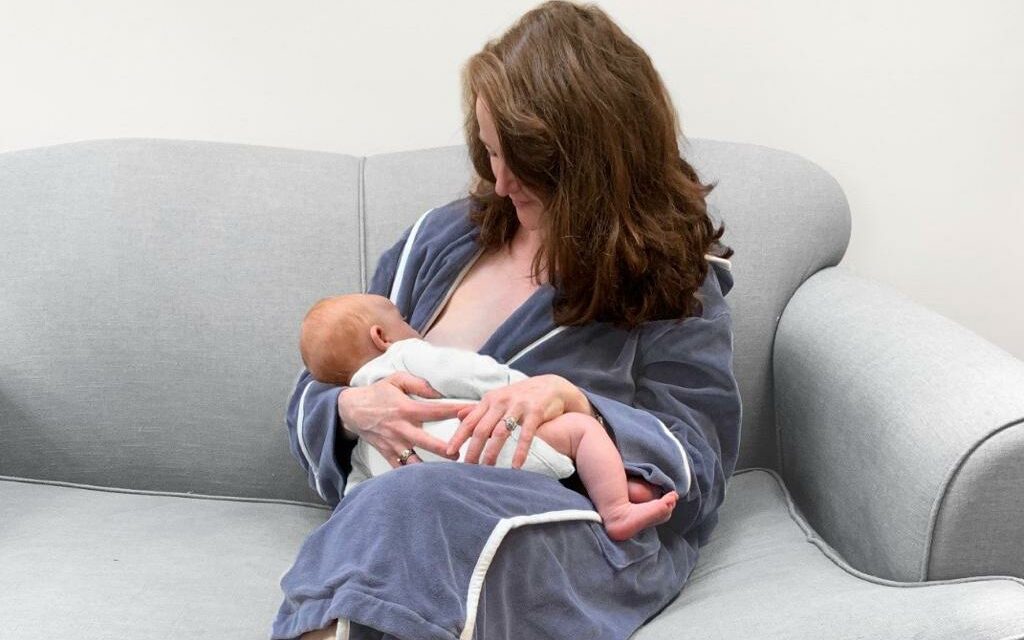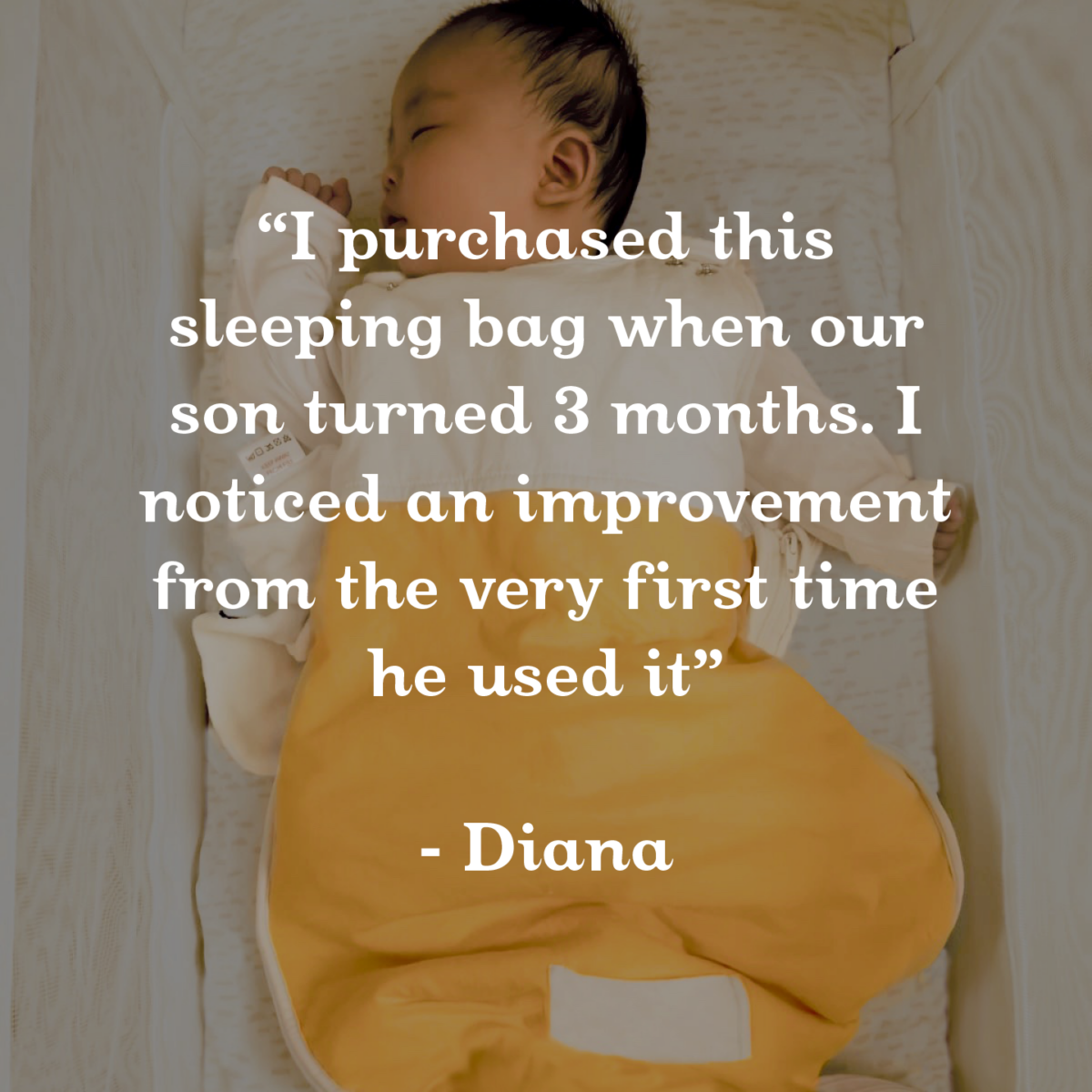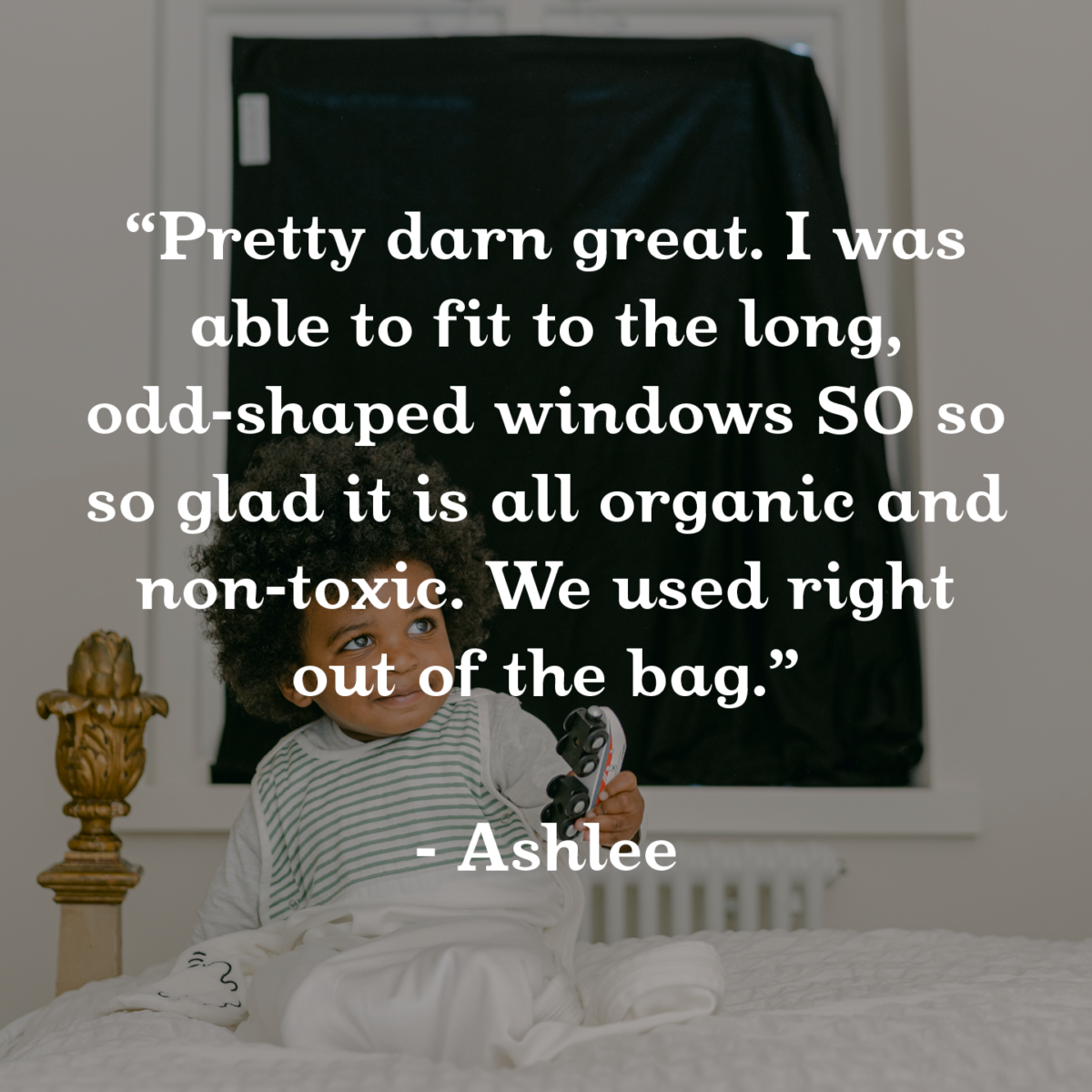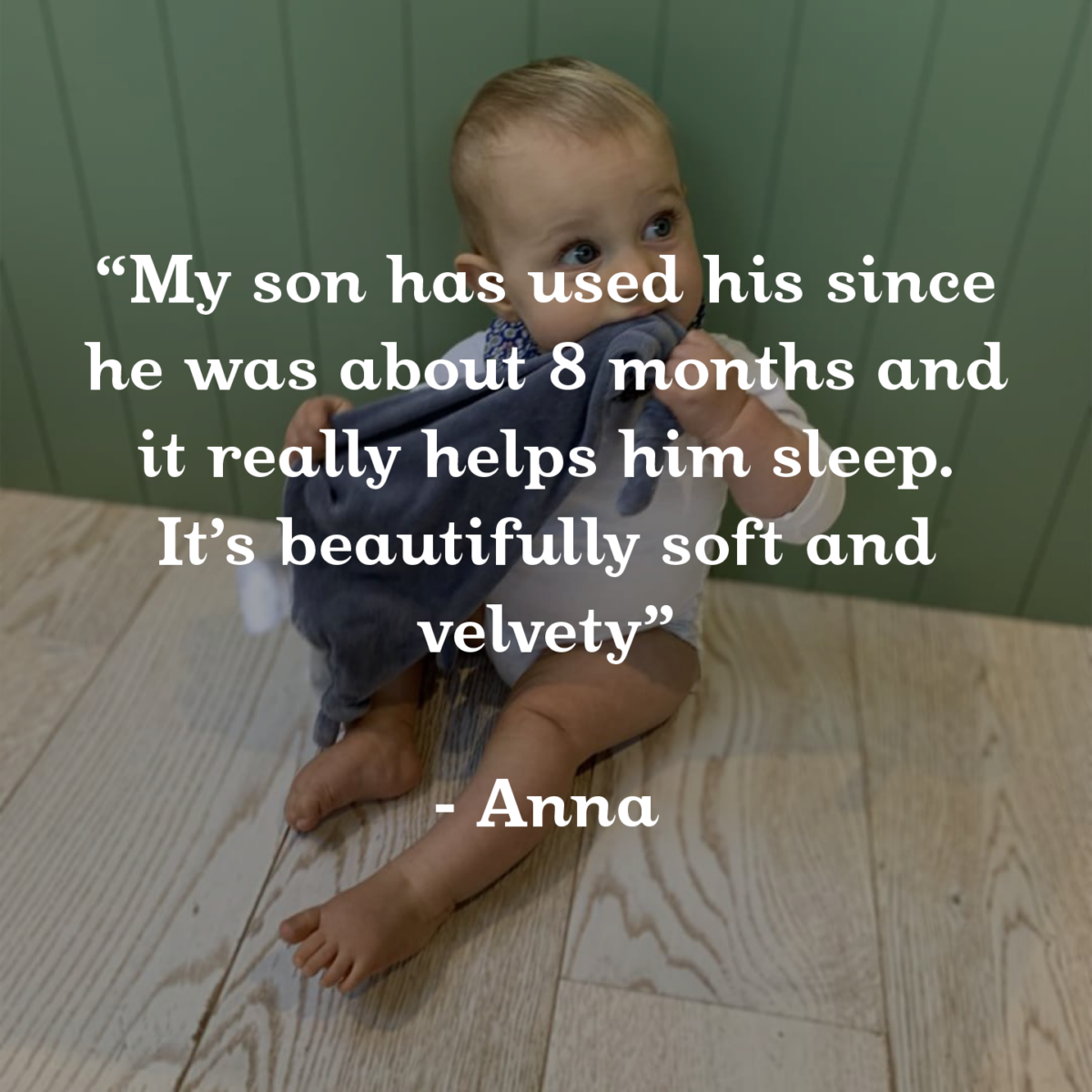Sleep regressions: two words which parents dread! We often put in so much hard work to get our babies sleeping as well as they can, only to hit another seeming hurdle every few months as another ‘sleep regression’ rolls in. So, what can we do to help support our babies through these sleep regressions, and also manage our own sanity?

Why do babies have sleep regressions?
Contrary to how they might feel at the time, sleep regressions are actually a really great thing! They happen because our babies are going through a developmental leap and their brains are learning and processing things in new ways. Brains consolidate what we’ve learnt during the day while we sleep and as babies are learning such a huge amount during these developmental periods it can mean less sleep as their brains process all that’s new in their world. This often results in babies becoming more unsettled during the day – which can disturb their daytime naps – they may need more love and cuddles than usual when falling asleep and are likely to wake up more regularly during the night. The way they actually sleep can be changing too: they could be transitioning from two sleep phases per cycle to four, and they may experience more separation anxiety. But you’ll probably also notice lots of lovely positive changes in your baby too as they’ll likely be becoming more interactive, more alert and more ‘chatty’.
How to support your baby through a sleep regression
Check the basics:
- Are they too hot or too cold? This is one of the leading reasons for unnecessary night wakings, so make sure they’re sleeping in 100% natural organic baby sleeping bags to help them regulate their body temperature and stay comfortable all night long.
- Are they in pain? Unwell, or teething? If so, offer remedies or seek medical advice if that’s necessary.
- Are they tired enough when you’re putting them down? Perhaps it’s time to look at their daytime nap schedule and start reducing some sleep.
- Are they too tired at bedtime? An overtired baby will find it harder to settle and harder to stay asleep.
- Are you giving them their usual sleep associations? That favourite comforter, getting them settled in their sleeping bag, dimming the lights, bedtime story?
- Is their bedroom too light? Melatonin plays a key part in baby sleep. Make sure they’re exposed to natural light during the day as this helps them produce serotonin, the precursor to the sleep-inducing hormone melatonin, which is produced by our bodies when it gets dark. Invest in some good quality blackout blinds to keep their bedrooms nice and dark even when it’s light outside. But steer clear of PVC blackout blinds as these leach harmful toxins into the air including formaldehyde and phthalates, which can cause health issues for young children. Pure Earth Collection’s organic cotton blackout blinds are a great option to keep the bedroom environment nice and dark while maintaining healthy indoor air quality.
If you’ve gone through all the above and they’re still not sleeping well, it’s likely that your baby just needs some extra comfort and reassurance during this time. It’s important to build up trust with your baby – if you go to them when they need you they will start to trust that you are there for them and this will help them build confidence to eventually start to fall back to sleep without you. If you’ve been trying not to feed your baby back to sleep recently then you might like to consider re-introducing that temporarily during this phase. It will help everyone in the household maximise their shut-eye. Once the sleep regression starts to pass, start to cut down on time spent comforting and settling your baby gradually. Start by leaving them as soon as they fall asleep (instead of waiting until they are in a deep sleep), then next time leave just before they fall asleep but when they’re really drowsy, and then cut it down gradually from here. You may need to spend some time before moving to the next phase of cutting down, but building a confident sleeper is the end goal and your baby knowing you are there for them is the key to having a confident sleeper.
Support yourself through a sleep regression too!
Firstly, it’s important not to question your success as a parent thinking that you have somehow messed up their sleep routine or cuddled them to sleep too much. If it’s making you feel stressed out, then stop tracking your baby’s sleep patterns during this phase and just go with what they need. Sleep regressions are not caused by you! And they will pass. You’ll probably feel exhausted again and think you’ve had a massive setback to your baby’s sleep, but if you support them through this they should settle back into their usual sleep patterns as soon as they’re through their developmental leap.
If you can, try to go to sleep in the evening as soon as you put your baby down so you can get ahead with some much-needed rest before they need you. Take extra naps during the day and forget about house admin or unimportant chores for a while. If necessary, pump milk before bedtime if your partner is able to help out so they can settle your baby back to sleep instead of you at least once in the night.
Natural products proven to help babies get longer, better quality sleep:
Pure Earth Collection has created a range of totally natural sleep products which are proven to help babies sleep. These include our organic, all-season sleeping bags and our multi-award-winning portable blackout blinds. We also make organic cotton comforters to help babies self-settle themselves without the risk of having micro-plastics (from polyester toys) in the cot.



